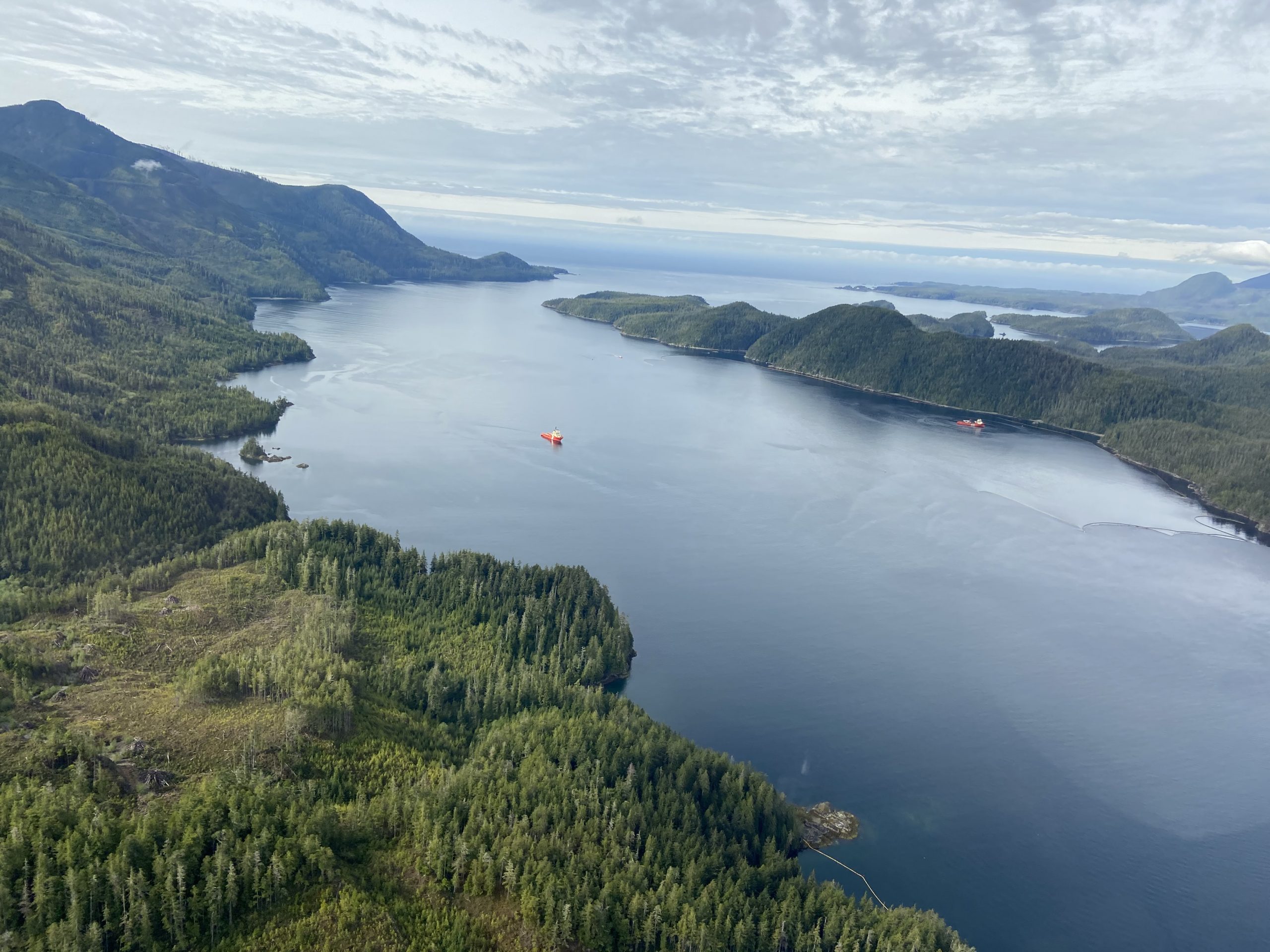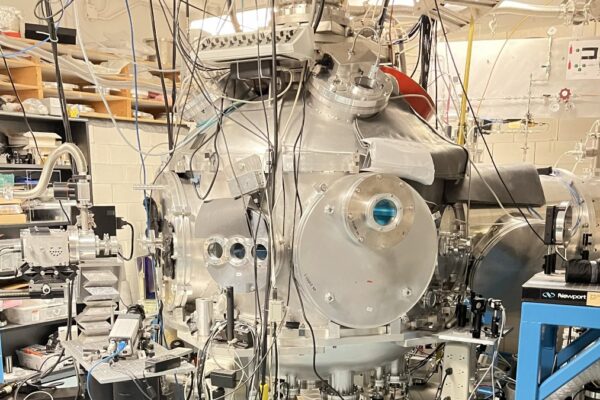- Research
-
YOU ARE
- Community member
- Future Student
- Student
- Professor
- Alumni
- Media
- Guidance counsellors
- INRS retiree
- Contact Us
- Newsroom
- Careers
- FR
-
Studies
We teach the next generation of researchers to develop scientific, social, and technological innovations.
-
Research
We find solutions through interdisciplinary research and industry or public and community partnerships.
-
INRS
We play an active role in Québec's economic, social, and cultural development.
NorthStar and Canadian Coast Guard call on INRS expertise to address growing environmental threats.

Photo credit: Canadian Coast Guard
In Canada and around the world, the integrity of marine and coastal environments is impacted by climate change and pollution. These impacts include ecosystems alteration and loss, increasing coastal erosion rates, water quality decline and marine biodiversity depletion. To reduce and mitigate risks, governmental and industrial stakeholders require up-to-date knowledge on the condition of Canada’s coasts and in-depth understanding of their vulnerability to human activity and natural hazards, including cumulative effects over time.
Expertise in the application of remote sensing
A research team at the Institut national de la recherche scientifique (INRS), including Professor Monique Bernier and Professors Karem Chokmani and Saeid Homayouni (principal Investigator), will work on the development of a prototype Earth Observation Monitoring System for Marine and Coastal Environments (EOMCE). Initiated by NorthStar Earth and Space (NorthStar), the project is in collaboration with the Canadian Coast Guard (CCG).
“We are proud to be a key partner in this project to monitor environmental risks in coastal areas and sea lanes, which are very fragile environments subject to climate change and human activities. We will be able to share our expertise in the application of remote sensing in northern environments and in particular sea ice.”
Professor Saeid Homayouni, a researcher at The Environmental and Northern Remote Sensing Laboratory (TENOR) at INRS
This system aims to improve information quality and deliver critical knowledge on marine pollution, ice conditions, and coastal ecosystems directly impacted by climate change.
The contribution of artificial intelligence
The project will combine Artificial Intelligence (AI) and data fused from multiple sources of Earth observation to deliver rich near real-time information services for marine pollution, coastal ecosystems, and ice conditions, which are all directly impacted by climate change.
In addition to their consulting expertise on coastal environment, the INRS Research Centre Eau Terre Environment will work on sea ice characterization.
“We will be able to develop an artificial intelligence-based approach to characterize sea ice and obtain relevant information, i.e. ice type, roughness, texture, and this by means of hyperspectral sensors embedded on the drone, the aircraft and the satellite. All this data will then be used by different departments and will be useful in several areas such as natural resources, climate change, fisheries, etc.,”
Professor Homayouni
The initiative will see NorthStar, the Canadian Coast Guard and the INRS pool expertise to develop information services that will leverage data from multiple Earth Observation sources and be demonstrated via a prototype web-based information portal. The goal is to deliver near-real time information on the health of Canada’s marine and coastal environments, enabling active decision-making.
This $2.7M initiative, which is expected to conclude in Q1 2024, is also supported by Quebec’s Institut national de la recherche scientifique (INRS) Centre for Water, Land, and Environment, and includes $1.5M in funding to NorthStar from Defence Research and Development Canada’s (DRDC) Canadian Safety and Security Program, under its Community Resilience Portfolio.
We suggest you to read
You may also like
Share




